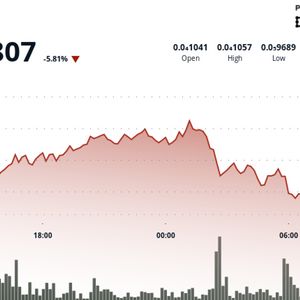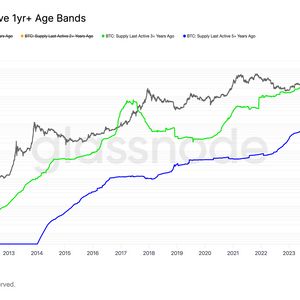Detroit sues real estate tokenization firm RealToken over 400 blighted properties
2 min read
The city of Detroit has filed a sweeping lawsuit against crypto-based real estate firm RealToken LLC and its affiliates for public nuisance violations across more than 400 residential properties. RealToken LLC uses blockchain technology to tokenize real estate and sell fractional ownership to investors. However, what city officials describe as widespread neglect of housing standards has prompted Detroit to pursue legal action, alleging that the firm failed to meet basic health and safety obligations as a landlord According to the complaint filed in Wayne County Circuit Court, the defendants, named as RealToken LLC, co-founders Remy and Jean-Marc Jacobson, and 165 affiliated corporate entities, allowed hundreds of properties to deteriorate. City inspectors from the Buildings, Safety Engineering, and Environmental Department documented ongoing violations across the properties, including structural damage, rodent infestations, mold growth, sewage backups, and illegal utility connections. Of these, 53 were deemed to pose an immediate threat to tenant health and safety. City officials say RealToken used a network of limited liability companies, many registered as shell entities, to obscure true ownership and avoid accountability, leaving tenants to endure unsafe living conditions. You might also like: Ondo Finance, Pantera Capital to invest $250M in RWA tokenization Detroit is asking the court to mandate urgent repairs, establish rent escrow accounts, and hold the Jacobson brothers personally liable for allegedly refusing to fund necessary maintenance through former property management companies. RealToken launched in 2019 as a real estate tokenization platform on Ethereum and later migrated to Gnosis Chain. It allows investors to purchase shares in rental properties via cryptocurrency from any corner of the globe, with its whitepaper claiming the model lowers investment barriers and increases transparency in traditionally illiquid markets. Critics, however, argue that the fractional ownership model used by RealToken has led to vacancies because properties are often acquired as investment assets rather than maintained as active rental homes. With ownership divided among numerous investors, many of whom are not locally involved, there is little incentive or clear responsibility to ensure properties remain habitable or occupied. As a result, many homes have been left empty, deteriorating over time, and contributing to neighborhood decline. “This is the largest nuisance abatement case in our history,” said Corporation Counsel Conrad Mallett, adding that innovation does not exempt firms from fulfilling legal responsibilities. Global interest in tokenized real estate is rising, with Deloitte projecting the market to grow to $4 trillion by 2035. The tokenization model is gaining traction as blockchain platforms make real estate more accessible through fractional ownership, thereby lowering capital requirements while also improving market liquidity. Read more: World Liberty Financial lands $100m from Aqua 1 for RWA expansion

Source: crypto.news



